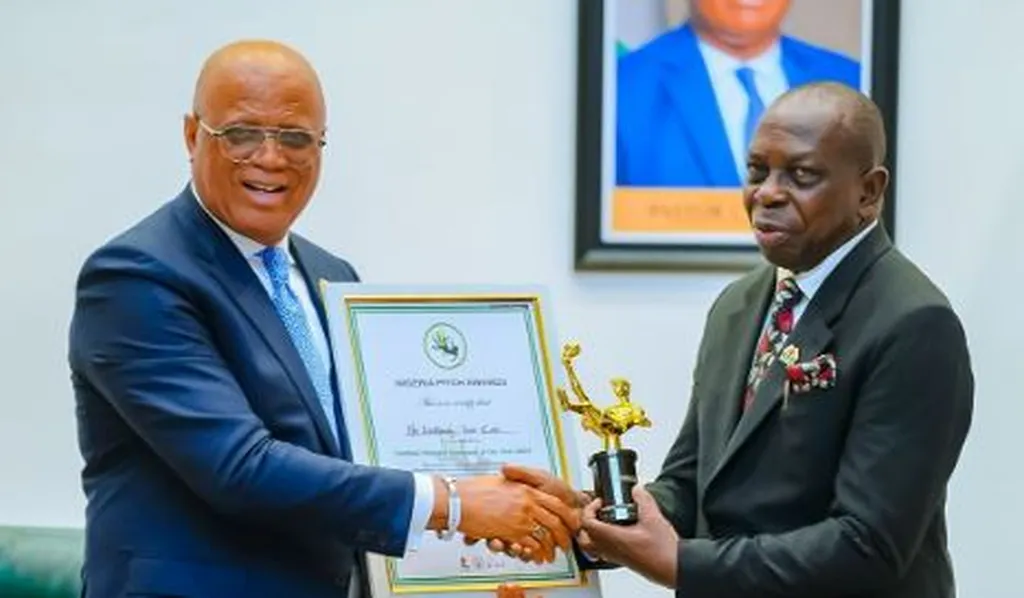A high-profile Gala Dinner hosted by Cavista Holdings in New York City last week, coinciding with the 80th UN General Assembly, brought together Nigerian political leaders, global investors, and development partners in a calculated push to showcase the country’s economic potential. The event, held in Manhattan, was more than a networking opportunity—it was a deliberate signal of Nigeria’s ambition to position itself as a prime destination for foreign capital.
Among the attendees were key state governors—Babajide Sanwo-Olu (Lagos), Mohammed Umar Bago (Niger), and Dauda Lawal (Zamfara)—alongside the Emir of Kano, Muhammad Sanusi II, and Cross River’s Deputy Governor, Peter Odey. Their presence underscored the alignment between subnational governments and private sector players in driving investment. Representing the federal government, Vice President Kashim Shettima, through Minister of Education Dr. Tunji Alausa, reinforced the administration’s economic reforms, framing them as critical to attracting foreign direct investment. The Renewed Hope Agenda, he emphasized, is designed to foster inclusive growth and food security, with private sector collaboration as a cornerstone.
Cavista Holdings, the event’s host, used the platform to reaffirm its commitment to value creation in Africa. Chairman Niyi John Olajide’s keynote was direct: “Nigeria is not only a future market. It is the present-day frontier of value creation and impact.” His focus on job creation—“We invest in Africa for three reasons: to create jobs, to create more jobs, and to create even more jobs”—resonated with investors seeking scalable opportunities in emerging markets. The company’s portfolio, from Agbeyewa Farms (the world’s largest cassava farm) to tech ventures like Cavista Technologies and Payzeep, demonstrates a diversified approach to economic impact.
The implications of this gathering extend beyond the evening’s speeches. For Nigeria, the event served as a soft-power play, countering persistent narratives of risk with tangible examples of reform and opportunity. The presence of state governors, in particular, signals a shift toward decentralized economic diplomacy, where subnational leaders actively court foreign partners. For investors, the message was clear: Nigeria’s demographic advantage, resource wealth, and policy reforms—such as recent fiscal adjustments—are creating a more conducive environment for business.
Cavista’s role as a bridge between local execution and global capital is notable. By showcasing projects like the Ikogosi Warm Springs Resort revival and its tech-driven ventures, the company is positioning itself as a model for how private enterprises can drive sectoral transformation. With plans to expand into energy and mining, its strategy reflects a broader trend of African conglomerates diversifying to capture value across industries.
The timing of the event, during UNGA, was no coincidence. It leveraged the assembly’s global audience to amplify Nigeria’s investment case, ensuring that conversations about the country’s economic trajectory reached influential decision-makers. As Kabir Shagaya, Cavista’s Director of Strategy, noted, the evening was less about celebration and more about strategic positioning—a move that could shape future investment flows into Nigeria’s agriculture, technology, and infrastructure sectors. Whether this translates into sustained capital inflows will depend on the follow-through of both policymakers and private actors. But for now, the signal has been sent.

